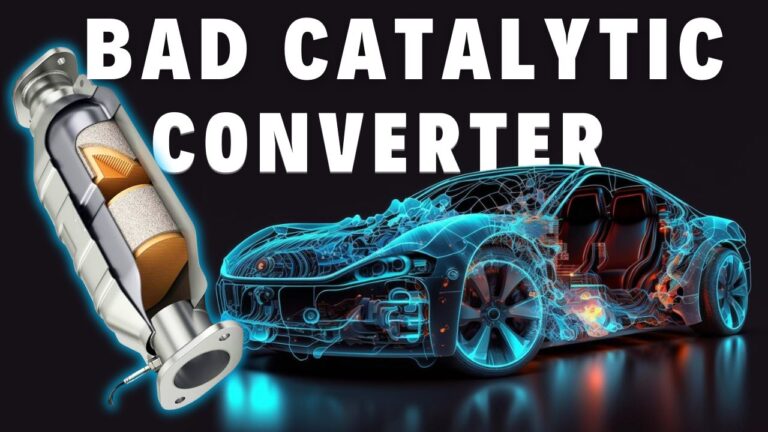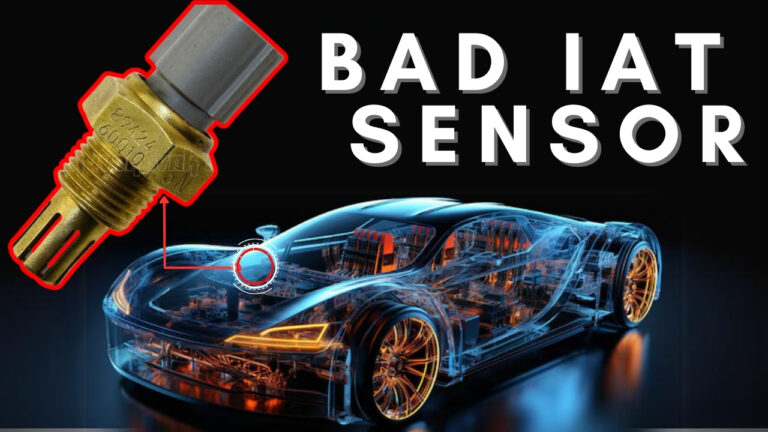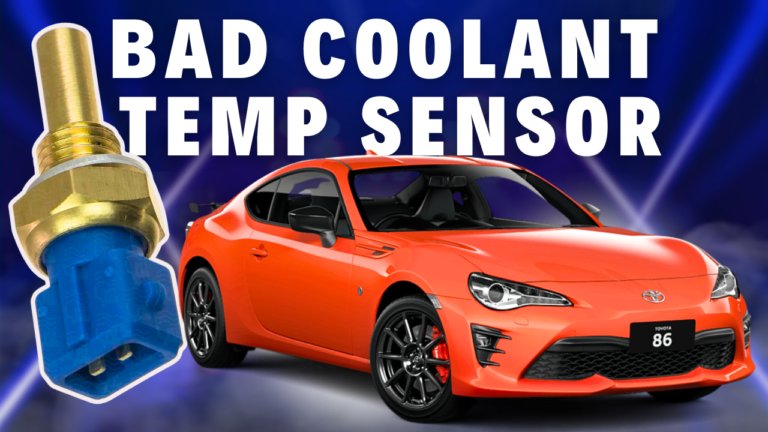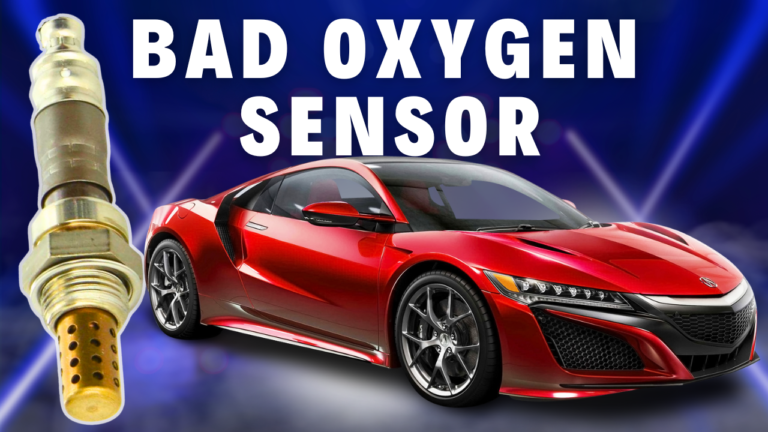What is Fuel Pump Relay?
A fuel pump relay is an electrical component in a vehicle’s fuel system that helps control the operation of the fuel pump. The relay acts as a switch that allows a small amount of current from the ignition or control module to activate a larger current needed to power the fuel pump.
The primary function of the fuel pump relay is to ensure that the fuel pump receives power when it is needed and cuts off power when it is not.
Where Is the Fuel Pump Relay Located?
The fuel pump relay is typically located in the fuse and relay box, which is commonly found in the engine bay of the vehicle. This box is often situated near the battery or on the firewall. However, the exact location can vary depending on the make and model of the vehicle.
Bad Fuel Pump Relay Symptoms
A malfunctioning Fuel Pump relay can manifest in various symptoms, indicating potential issues with the vehicle’s performance:
- Engine Cranks but Doesn’t Start: If the relay fails, the fuel pump won’t receive power, causing the engine to crank but not start due to lack of fuel.
- Engine Stalls: A failing relay can cause the engine to stall unexpectedly if it intermittently cuts power to the fuel pump.
- No Sound from Fuel Pump: Normally, you can hear a faint whirring sound from the fuel pump when the ignition is turned on. A faulty relay may cause this sound to be absent.
- Check Engine Light: A malfunctioning fuel pump relay can trigger the check engine light because the fuel pressure sensor detects no fuel pressure. This can result in fault codes related to the fuel pressure sensor, such as P0190 to P0194. To learn more about OBD-II trouble codes and how to fix them, check our playlist on how to fix trouble codes.
What Causes the Malfunction of Fuel Pump Relay?
Causes of a Faulty Fuel Pump Relay
- Electrical Wire Issues: Faulty wiring, poor connections, or damaged electrical connectors can cause the relay to malfunction. Corrosion or broken wires can disrupt the electrical flow needed for the relay to operate properly.
- Overheating: Prolonged exposure to high temperatures can cause the relay to overheat and fail. This is often due to continuous operation or excessive current passing through the relay.
- Wear and Tear: Over time, the internal components of the relay can wear out. Mechanical wear from repeated switching can eventually lead to failure.
- Power Surges: Sudden spikes in electrical current can damage the relay. This can occur due to faults in the vehicle’s electrical system or external factors such as jump-starting the vehicle improperly.
How To Test Fuel Pump Relay?
Testing a relay can be done using several methods, and the choice of method often depends on the tools and equipment available. In general practice, a relay can be tested using the following methods:
- Test a relay with swap Method (without a multimeter).
- Test a relay with test light.
- Test a relay with Multimeter.
Read following article for detailed step-by-step guide for each method of testing a fuel pump relay.
Read more about: How to Test a Relay?
Other Issues That Exhibit Similar Symptoms as a Bad Fuel Pump Relay
When a car exhibits the symptoms mentioned above, and the Fuel Pump Relay has been checked and found to be in working order but the issue persists, it’s essential to inspect the other components of the fuel delivering system.
- Faulty Fuel Pump: A malfunctioning fuel pump can cause symptoms such as difficulty starting the engine, engine stalling, and poor engine performance. Since the fuel pump is responsible for delivering fuel to the engine, any issues with it can mimic the symptoms of a bad fuel pump relay.
- Cut Out Wire: A damaged or broken wire in the fuel system circuit can interrupt the electrical flow necessary for the fuel pump to operate. This can lead to similar symptoms, such as the engine not starting or intermittent stalling, as the fuel pump may not receive consistent power.
- Blown Fuse: The fuel pump circuit is protected by a fuse. If this fuse blows, it will cut off power to the fuel pump, resulting in no fuel delivery to the engine. This can cause the engine to fail to start or stall, similar to a bad fuel pump relay.




